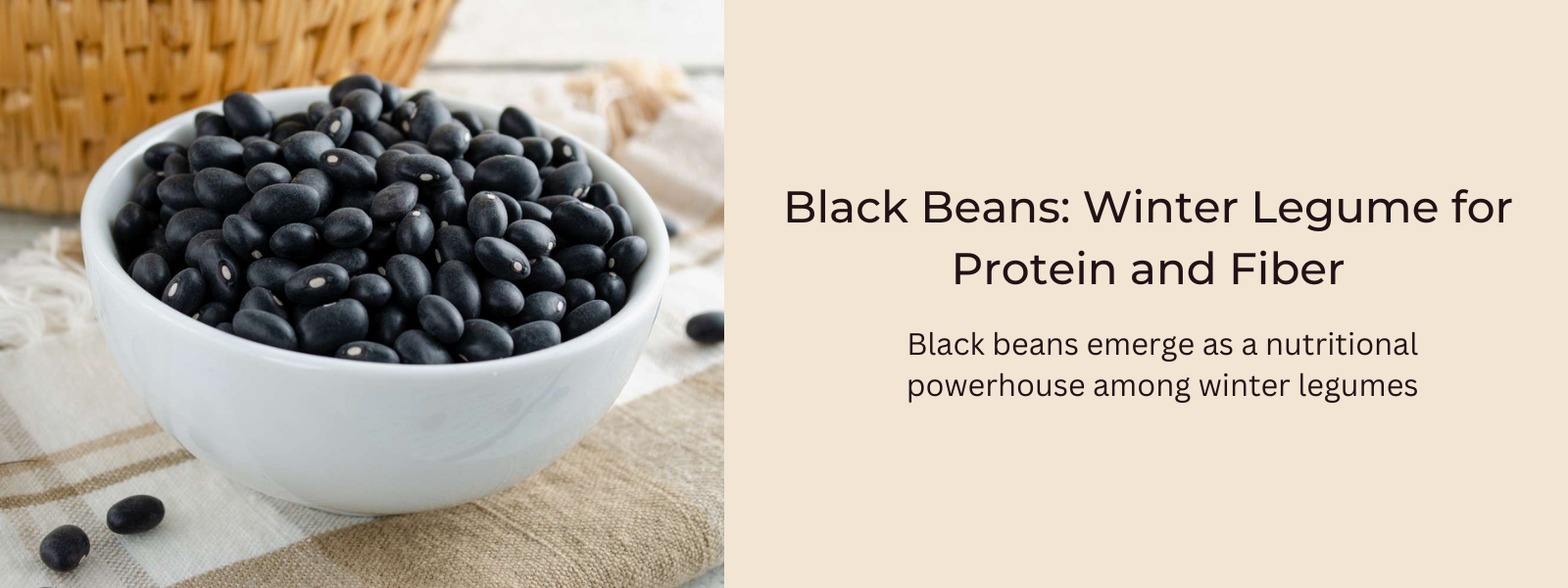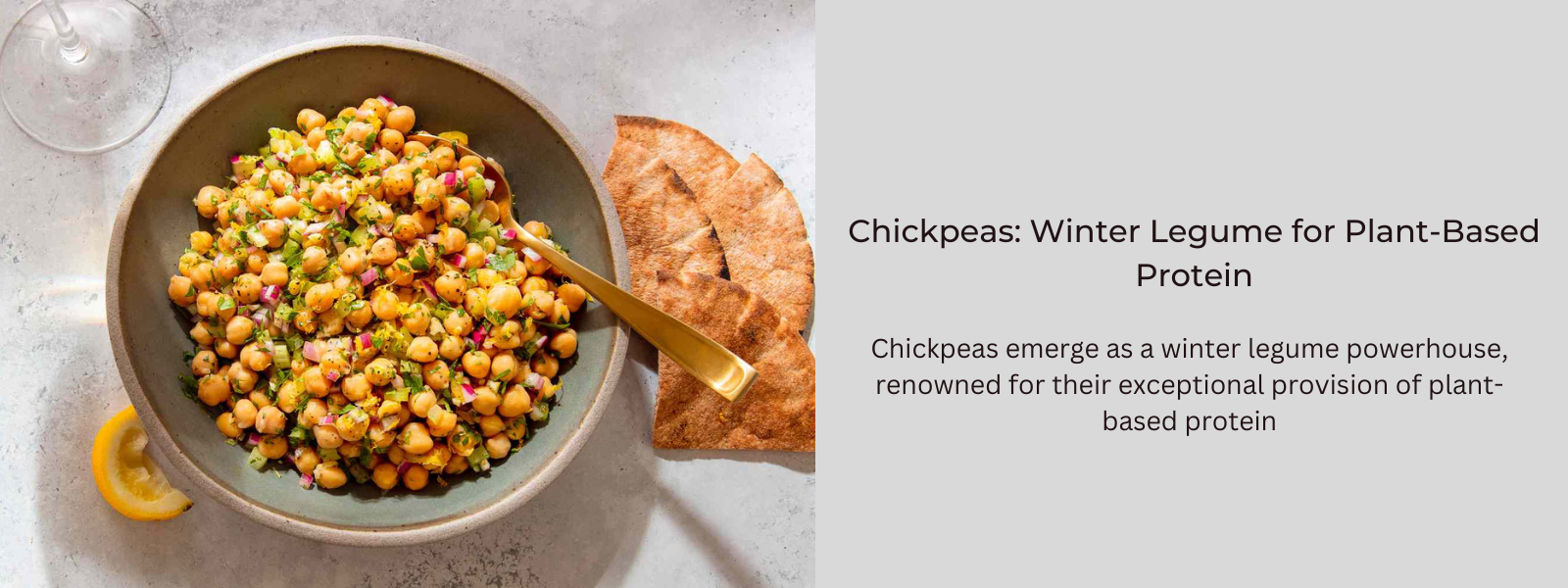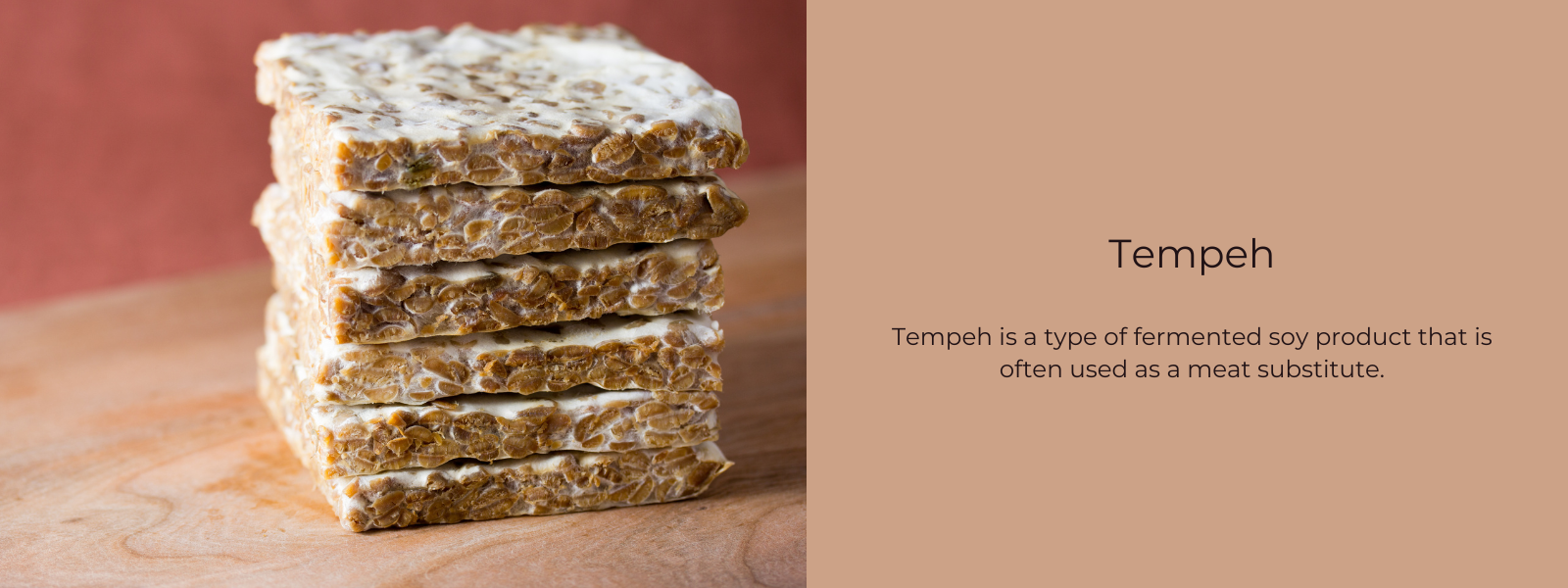Vegans and vegetarians can effortlessly harness the benefits of plant-based proteins by embracing a diverse range of nutrient-rich foods. Incorporating staples like legumes (such as beans, lentils, and chickpeas), tofu, tempeh, edamame, nuts, seeds, quinoa, and soy products ensures an ample supply of essential amino acids and nutrients. By crafting well-rounded meals with these plant-based protein sources, they access a broad spectrum of vitamins, minerals, antioxidants, and dietary fiber, contributing to overall health.
Table of Contents
What Is Plant-Based Protein?
Plant-based protein refers to protein derived from plant sources rather than animal sources. It encompasses a wide variety of foods that are rich in protein and suitable for those following vegetarian, vegan, or flexitarian diets. Plant-based protein sources include legumes (such as beans, lentils, chickpeas), tofu, tempeh, edamame, seitan, nuts (like almonds, walnuts), seeds (chia, hemp, flaxseed), quinoa, soy products, and certain grains (such as oats, barley, and brown rice).
These plant-based proteins are essential components of a balanced diet for individuals who do not consume animal products or prefer to limit their intake. They offer various nutrients, fiber, vitamins, and minerals, contributing to overall health while providing a valuable alternative to animal-derived proteins. Plant-based proteins can be versatile and used in a wide array of recipes, offering a diverse and sustainable way to meet dietary protein needs.
Different Between Plant-Based & Animal-Based Protein:
Both plant-based and animal-based proteins offer essential nutrients, but their nutrient profiles differ. The nutrient richness of plant-based versus animal-based proteins can vary based on several factors:
- Protein Content: Both plant and animal sources can provide high-quality protein. Animal-based proteins, such as meat, poultry, fish, eggs, and dairy, are considered complete proteins as they contain all essential amino acids needed by the body. While some plant-based sources may lack certain essential amino acids individually, combining different plant proteins throughout the day can ensure a complete amino acid profile.
- Fiber and Antioxidants: Plant-based proteins typically contain more dietary fiber, antioxidants, vitamins (like vitamin C and folate), and minerals (such as magnesium and potassium) compared to animal-based proteins. These components contribute to overall health and may offer additional benefits like improved digestion and reduced inflammation.
- Saturated Fat and Cholesterol: Animal-based proteins often contain higher levels of saturated fats and cholesterol, particularly in red meats and high-fat dairy products. Excessive intake of these components can potentially increase the risk of certain health conditions like heart disease. Plant-based proteins, on the other hand, are generally lower in saturated fat and cholesterol, making them a healthier option for some individuals.
- Omega-3 Fatty Acids: Fatty fish, such as salmon, mackerel, and sardines, are rich in omega-3 fatty acids, which are crucial for heart health and brain function. While some plant sources like chia seeds, flaxseeds, and walnuts provide alpha-linolenic acid (ALA), a type of omega-3, the body may not efficiently convert ALA into the more beneficial forms of omega-3s found in fish.
Uses Of Plant-Based Proteins:
Plant-based proteins serve various purposes in a diet and lifestyle, offering a multitude of uses and benefits:
- Nutritional Value: They provide essential amino acids necessary for building and repairing tissues, making them an integral part of a balanced diet.
- Dietary Diversity: Plant-based proteins offer a wide array of options for those following vegetarian, vegan, or flexitarian diets, ensuring diversity in food choices.
- Health Benefits: Incorporating plant-based proteins can contribute to improved heart health due to their lower saturated fat content compared to many animal proteins.
- Weight Management: Plant-based proteins can aid in weight management as they are often lower in calories and saturated fats while being rich in fiber, promoting satiety and aiding in weight loss or maintenance.
- Sustainable and Environmentally Friendly: Choosing plant-based proteins is often more sustainable, requiring fewer natural resources and producing fewer greenhouse gas emissions compared to animal-based proteins.
Best Sources Of Plant-Based Proteins:
Here are some of the best sources of plant-based protein:
- Legumes: Lentils, chickpeas, black beans, kidney beans, and peas are rich in protein, fiber, and various nutrients. They are versatile and can be used in soups, stews, salads, and as a meat substitute in various dishes.
- Tofu and Tempeh: Tofu, made from soybeans, is a versatile protein source that can be used in stir-fries, salads, soups, and smoothies. Tempeh, another soy-based product, offers a firmer texture and nutty flavor, suitable for grilling, baking, or stir-frying.
- Edamame: These young, green soybeans are a delicious snack and can be added to salads, stir-fries, or enjoyed on their own.
- Seitan: Also known as wheat gluten, seitan is a high-protein meat substitute made from gluten and used in dishes like stir-fries, curries, and sandwiches.
- Quinoa: This pseudo-grain is a complete protein, providing all nine essential amino acids. It can be used as a base for salads, soups, or as a substitute for rice in various dishes.
- Nuts and Seeds: Almonds, walnuts, peanuts, chia seeds, hemp seeds, flaxseeds, and pumpkin seeds are not only high in protein but also rich in healthy fats and other nutrients. They make great toppings for salads, yogurt, or can be used in baking and cooking.
- Soy Products: Apart from tofu and tempeh, other soy-based products like soy milk, soy yogurt, and meat substitutes (such as soy-based burgers, sausages, and nuggets) provide significant amounts of protein.
- Whole Grains: Certain grains like oats, barley, brown rice, farro, and amaranth contain moderate amounts of protein and can be incorporated into various meals as a side dish, in salads, or as a breakfast option.
- Spirulina and Chlorella: These algae-based superfoods are rich in protein and can be added to smoothies or consumed in supplement form.
- Vegetables: Some vegetables, like broccoli, spinach, Brussels sprouts, and peas, contain notable amounts of protein and can contribute to overall protein intake.
How Is Plant-Based Proteins Beneficial For Vegans & Vegetarians?
Vegans and vegetarians can readily enjoy the benefits of plant-based proteins by incorporating a diverse range of these nutrient-rich foods into their diets:
- Adequate Protein Sources: Plant-based proteins offer various sources such as legumes (beans, lentils, chickpeas), tofu, tempeh, edamame, nuts, seeds, quinoa, and soy products. These sources can provide sufficient protein to meet daily requirements when consumed in appropriate quantities.
- Nutritional Diversity: A well-planned plant-based diet, rich in a variety of protein sources, ensures a diverse intake of essential nutrients like vitamins, minerals, antioxidants, and dietary fiber, contributing to overall health and well-being.
- Sustainable and Environmentally Friendly: Opting for plant-based proteins supports sustainable food choices, aligning with environmental conservation efforts by requiring fewer natural resources and reducing the ecological footprint compared to animal-based proteins.









Leave a comment